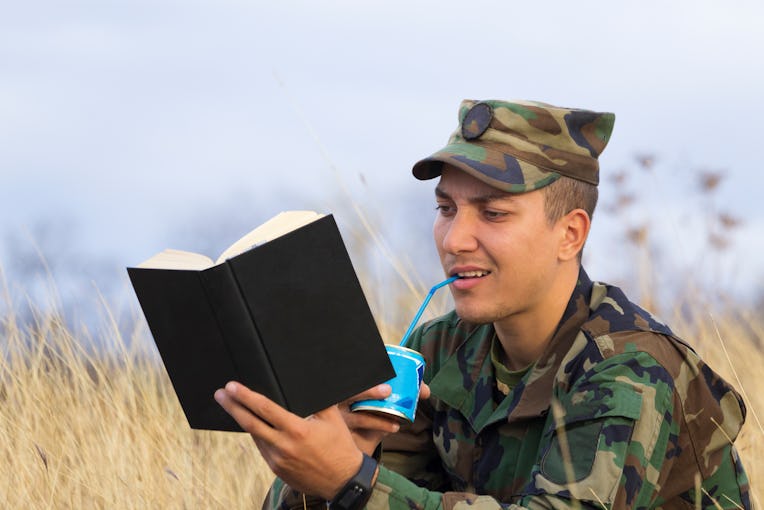NYT Enlists Former Marine for Short, Weird Book Review
Apparently, author Jamil Jan Kochai did not know enough about second lieutenants

Author Jamil Jan Kochai put out his second book on Tuesday: a short story collection called The Haunting of Hajji Hotak and Other Stories. The dozen stories, many of which were previously published in outlets like the New Yorker and Ploughshares, echo some aspects of his debut novel, 99 Nights in Logar: deploying frame narrative, revisiting several characters, and occasionally dipping into fantasy, as in a video game in which the player interacts with his father in 1980s Afghanistan.
Like in his novel, many of the protagonists in Kochai’s new release are Afghan or Afghan American; he bills the book as a “living history that moves between modern-day Afghanistan and the Afghan diaspora.” Kochai, who was born in an Afghan refugee camp in Pakistan amid the Soviet occupation of Afghanistan, is also of Afghan descent himself. Presumably aware of this fact, the New York Times books section’s natural choice of reviewer was someone with intimate knowledge of Afghanistan and conflict: a former member of the U.S. Armed Forces and Forever Wars veteran.
What does critic Elliot Ackerman think about Kochai’s book? Well, there is not much room to expand upon his thoughts in the review — which was published on Tuesday under the headline “The Echoes and Echoes and Echoes of War” — because it consists of just five short paragraphs (one of which is spent describing Kochai’s background). The rest of the 600-word review is largely devoted to Kochai’s characterization of second lieutenants (emphasis ours):
At times Kochai relies disappointingly on caricature. The Taliban, or “Ts” as he calls them, are thinly described fanatics. The Americans are broadly painted imperialists. In the story “The Parable of Goats,” the protagonist is Second Lt. Billy Casteel, a fighter pilot shot down in Afghanistan. Who is Billy Casteel? We don’t learn much about him. Some of Kochai’s work is hindered by poor research — actual fighter pilot training takes at least two years, so it would be impossible for Billy to be a second lieutenant, which is a rank held for less time than it takes to complete that training.
That bit of critical fact-checking would appear less out of place if Ackerman, who is described in one of two (?) author bios appended to the piece as a “former Marine and intelligence officer who served five tours of duty in Iraq and Afghanistan,” had included some context on his own experience serving in Afghanistan. Oddly, that never comes up. It might have also helped explain his concern that “Americans are broadly painted as imperialists” by Kochai. And perhaps it would have contextualized the sentence that immediately follows:
Kochai also has a distracting fixation on whiteness. When he wants to signal characters are generically bad, he describes them as white; all the characters from the U.S. military — a remarkably diverse institution in reality — are described as “a small clan of white boys.”
In other news, it seems Ackerman himself has a forthcoming book about the war in Afghanistan, titled The Fifth Act: America’s End in Afghanistan. We’ll be commissioning California Rep. Barbara Lee to review it.